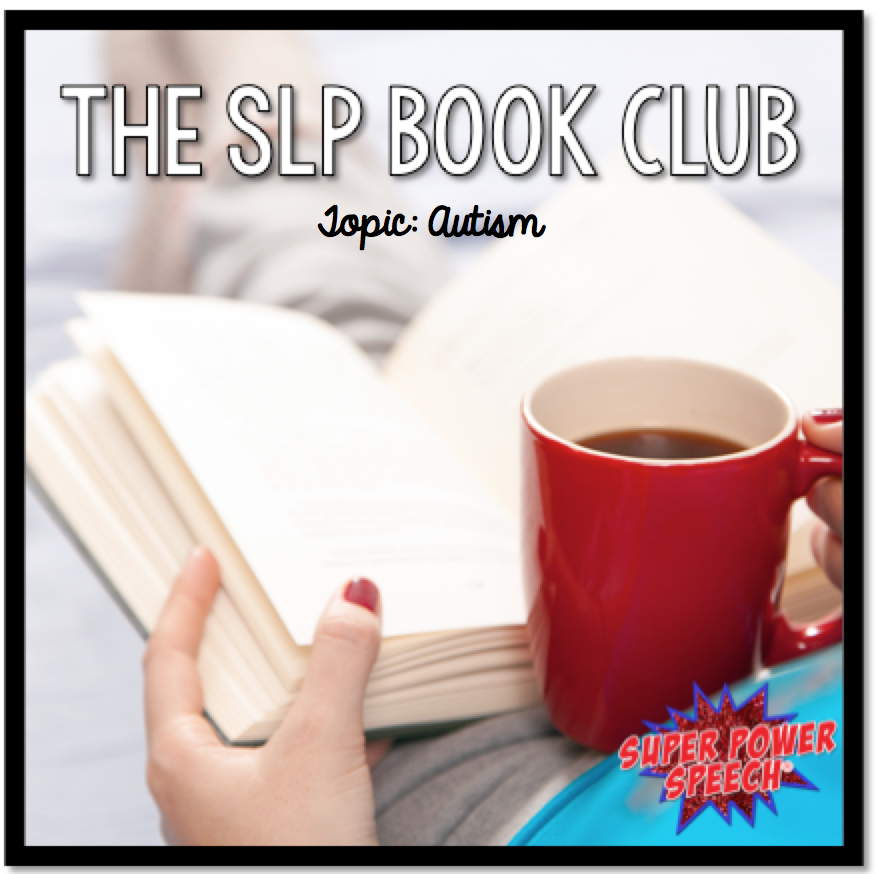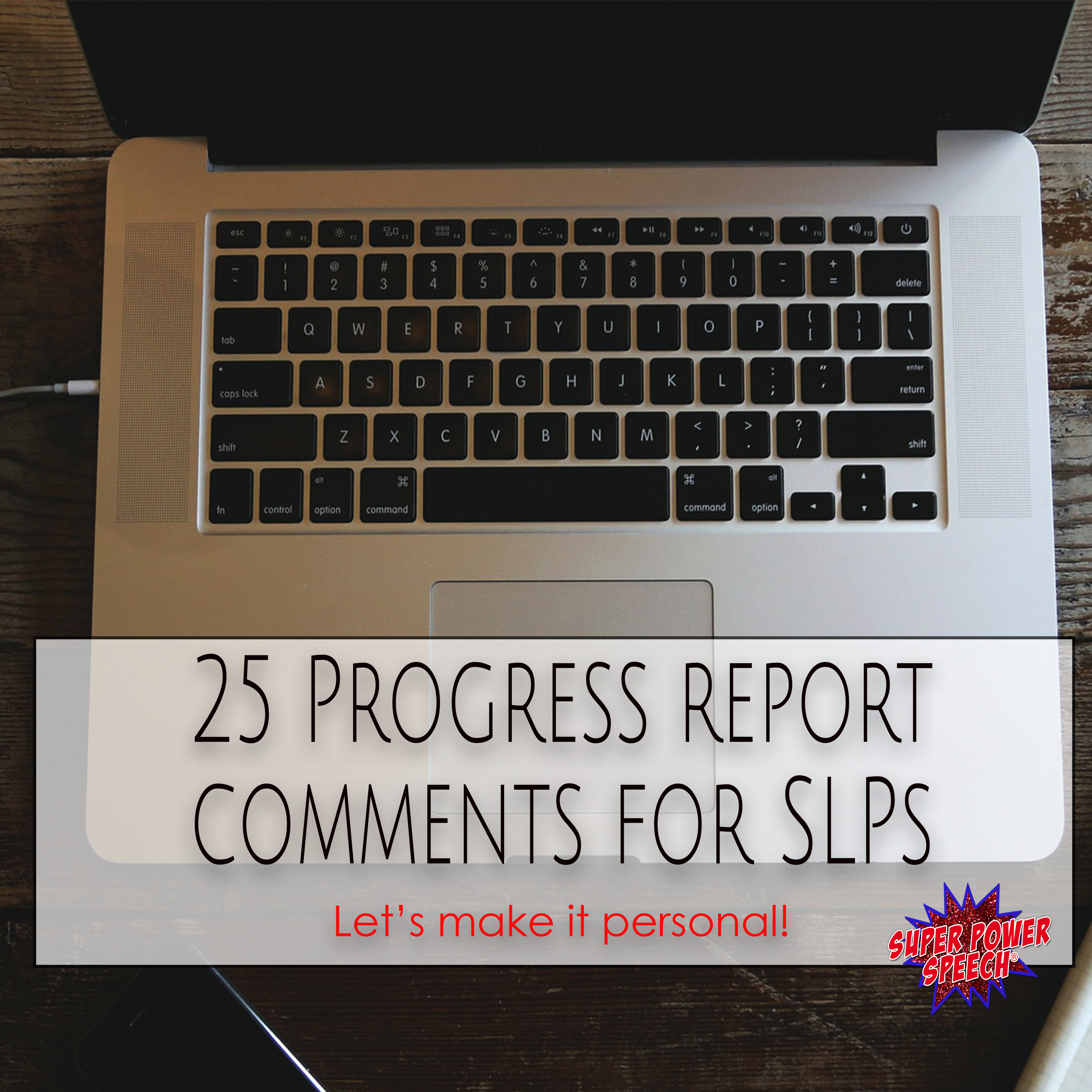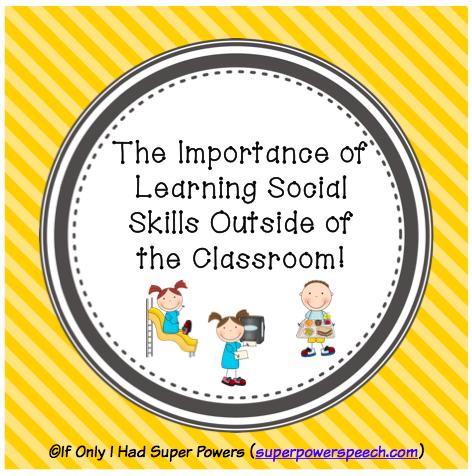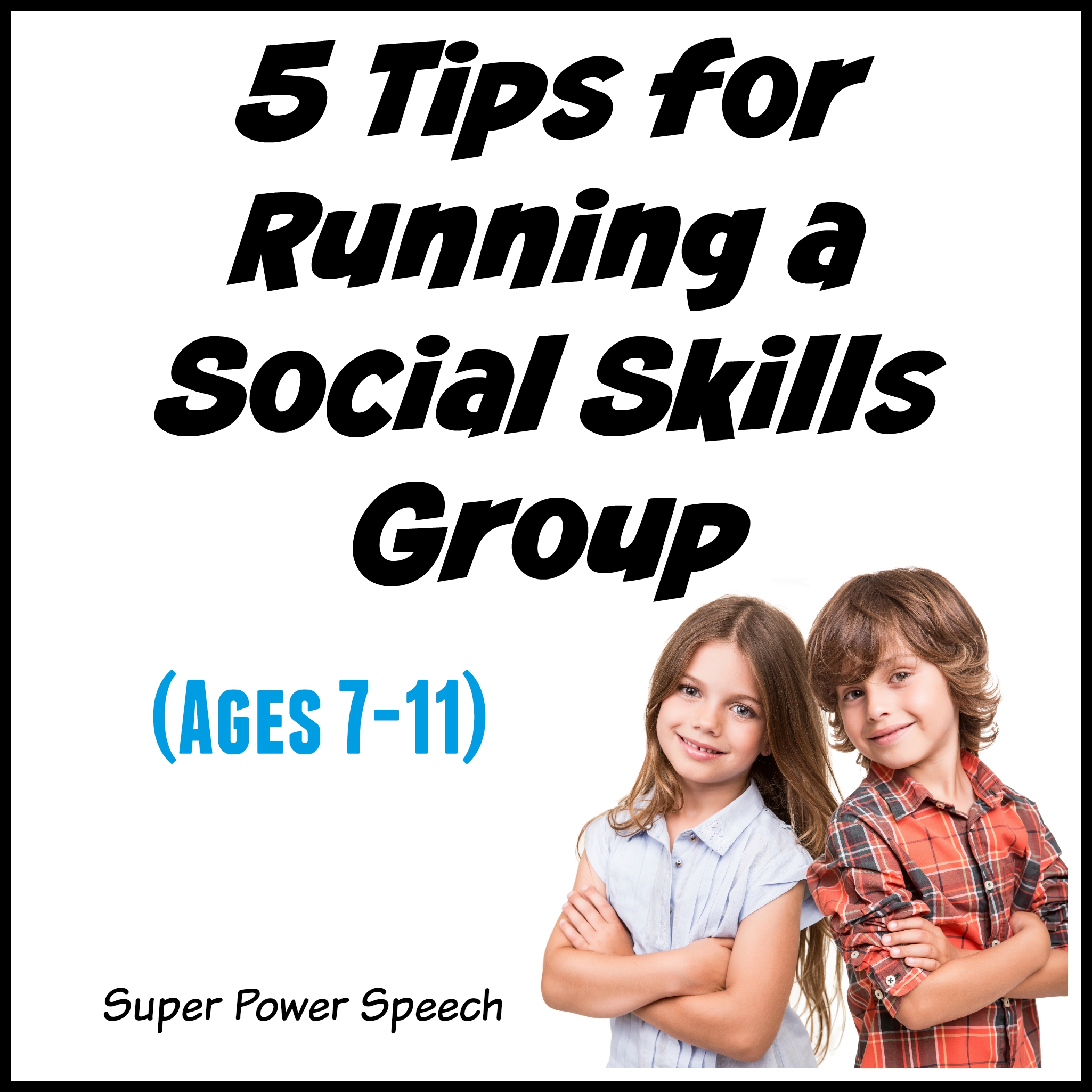SLP Book Club: Autism

Welcome to the SLP Book Club! This book club has been my dream and my baby as an SLP and a bibliophile. I am so excited to find others out there that want to explore new books with me and discuss them in the comfort of your jammies and slippers!
Disclaimer: Amazon affiliate links included
I have read a lot of fiction books about autism over the years. It was therefore difficult for me to find books for this book club that I had not already read. I was vary wary of choosing a Jodi Picoult book, in spite of many recommendations, because I have found them to be too intense in the past. Overall, however, I am pleased with my choices and felt that both books were good reads. I hope you enjoyed them as well!
Book 1: The Autistic Brain
Authors: Temple Grandin, PhD and Richard Panek
Genre: Nonfiction
Summary:
In this fantastic book, Dr. Grandin shares her experiences with autism along with amazing new discoveries and research about autism. I found the book extremely easy to read, great for taking notes, and overall finished the book feeling a lot smarter than when I had started it!
Overall rating: 5/5
Quotes to ponder:
“I warn parents, teachers, and therapists to avoid getting locked into the labels. They are not precise. I beg you: Do not allow a child or an adult to become defined by the DSM label.” (location 36)
“To compensate, my brain sprouted new fibers, and they tried to go somewhere, anywhere. Where they wound up primarily was in the visual area that than the traditional language- production areas.”
Discussion questions:
- What do you think about Dr. Grandin’s statements on page 182: “Putting kids who are on the spectrum in the same classroom as their nonautistic peers and treating them the same way is a mistake….But if a school treats everyone the same, guess what: The person who’s not the same is going to stand alone. That person will be marginalized in the classroom. And once that happens, it won’t be long before that student is marginalized for good — sent to a separate classroom or even a separate school. And suddenly the Aspergers’s kid might find himself in the same program as a bunch of nonverbal kids.”?
- What are your thoughts about the analogy of the brain as a company in a high rise building (where the CEO is the prefrontal cortex, the frontal cortex, parietal cortex, occipital cortex and temporal cortex are vice presidents, etc.)?
Book 2: House Rules
Author: Jodi Picoult
Genre: Fiction
Summary:
Jacob Hunt is an eighteen year old who is obsessed with crime shows. He owns fingerprinting equipment, a police scanner, and other deception gear. He also has high functioning autism. In this novel, Jacob becomes the suspect in the murder of his social skills coach. The narration alternates between Jacob, his mother, his brother, the lawyer, and the primary detective in order to figure out what really happened on that January afternoon.
Overall rating: 4/5
Quotes to ponder:
“It’s times like this I am glad I don’t look people in the eye. If I did, surely they would die on the spot from the contempt shooting out of mine.” (Page 23)
“Isolation. A fixation on one particular subject. An inability to connect socially.Jacob was the one diagnosed, but I might as well have Asperger’s too.” (page 42)
Discussion questions:
- What questions should Jacob’s mother and lawyer asked of him earlier?
- What do you think of the accommodations that were allowed for Jacob in court? How realistic do you feel that these were?
- What would you have done differently if you were Jacob’s lawyer?
Are you ready to start discussing? Comment below and make sure to comment on other people’s comments so that we can make this a full discussion! Think of your social skills groups… we need participation and turn-taking to make this work!







House Rules drove me crazy! Re:What questions should Jacob’s mother and lawyer asked of him earlier? Ask him extremely concrete questions, use visuals….way too many contrivances that set the neurotypicals assuming too much (while the mother acts like she knows JH so well). I would have made sure that he truly understood DEATH and would have asked in multiple ways “Were you there when Jess died?,” “Did you see Jess die?,” Where was Jess when she died?,” “Where were you when Jess died?,” etc etc.
I know the novel is set in Vermont, and I’m not familiar with the public schools there, but was anyone else wondering where the special educators (and SLPs!!!) were. I have worked grades 5 through age 21 for decades, and if a student with an IEP was involved in criminal activity, the school is used as a resource.
And, did he have a transition plan??? The mom is such an advocate….and hadn’t arranged for guardianship (while assuming the brother will take over Jacob’s care later in life.
I avoided reading this book until the book club “assigned” it – I know that Picoult uses many contrived plot situations, which makes me feel like I’m watching a horror movie (“do NOT open that door! NO, don’t go THERE!!”), but I worry at all the lay people who have read this book and think that this is as good as it gets for our kids on the spectrum.
When she blamed vaccines, I almost yelled out loud!! I could, however, understand that she hadn’t done the guardianship paperwork because he was barely over 18. I avoided reading this book too, but there had been so many recommendations for it, then I gave in. 😉
We work really hard on transition, starting at 14 at the latest. With students that have the most extreme challenges, we start the conversation even earlier. We encourage parents to explore/make decisions and get guardianship paperwork completed by the time the student is 17 and 1/2. If they wait til their child is 18 (i.e. already emancipated according to the law), it is much more complicated and much more expensive. It also affects decisions coming from funding sources, DVR, etc.
I didn’t know that!
PS I know that I posted a bit of a rant. I am glad that you suggested House Rules, because it is good to know what is out there in popular literature. Including Picoult (through the mother) perpetuating the myth of vaccines causing Jacob’s autism.
I had also put off reading it because of some of the reviews. I feel she could have had a parent pre-read it to give her better insight into the mom’s POV as well as maybe decreased some of the stereotypical characteristics that she piled onto Jacob.
That’s a great suggestion! Overall, I’m not a big Jodi Picoult fan….
I didn’t enjoy this book as much as I had hoped. I felt the author put every possible stereotypical behavior onto Jacob. I would have liked to see more strategies such as social stories, visuals, etc put into place to support him as the topic moved from concrete to very abstract for him. I like the suggestions made above and agree with her that I wondered where are the therapists and teachers who would most certainly be involved in some capacity. We love our students and I felt that he needed more of a team on his side. The questions that the lawyer asked did not seemed geared toward someone with high level autism. I also didn’t feel the accommodations were very realistic. I appreciate this club because it gets me to read books that I might not normally read. 🙂
The accommodations made me laugh!!! Not realistic at all.
I always enjoy Temple’s writing as she gives different perspectives and descriptions that give us good insight into what’s truly going on inside. This book is not different. I loved her insight into the school system and placement. We have to heavily weigh how much inclusion is best for each individual student and not just place everyone in the same classroom with their peers to prove how inclusive we are as a school while at the same time, not separate them in a special class either. I feel that’s where the team concept is the strongest as it allows each member to look at the situation from their perspective to help determine the student’s LRE and to remember this might change throughout the day. LRE might mean mainstreamed for some classes while the student might need more individualized instruction for others. I liked the high rise analogy although suspect the “employees” might move around a little depending upon the situation which might contribute to the rapid mood changes of some of our students. 🙂
I was really impressed with this book too! I have not read her other books. And yes, LRE could mean something different for different kids. Putting everyone in all mainstream is not the best case scenario for everyone.